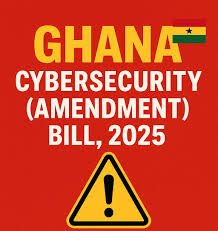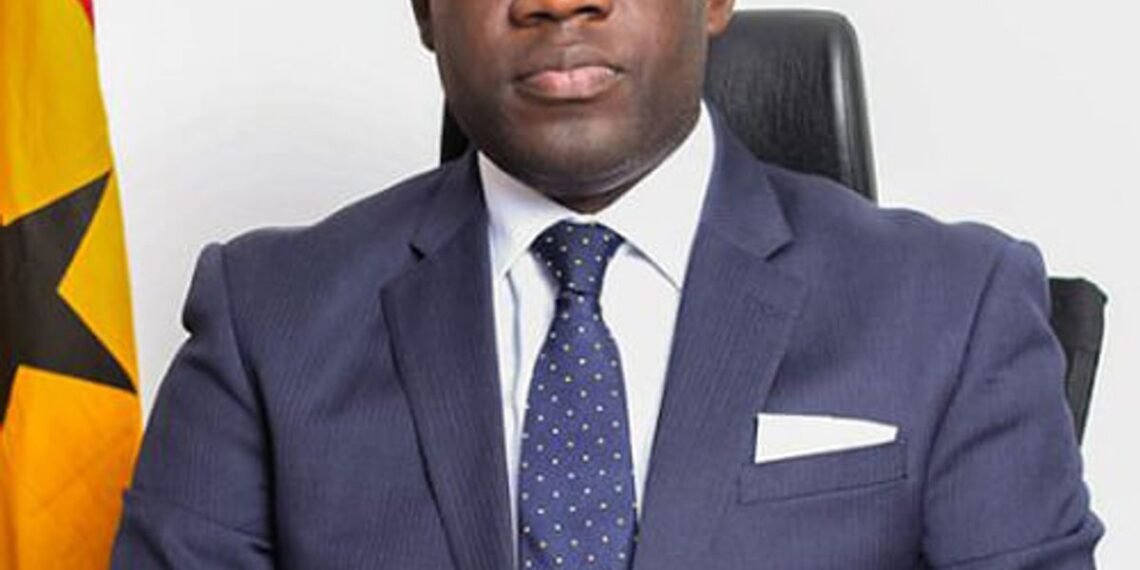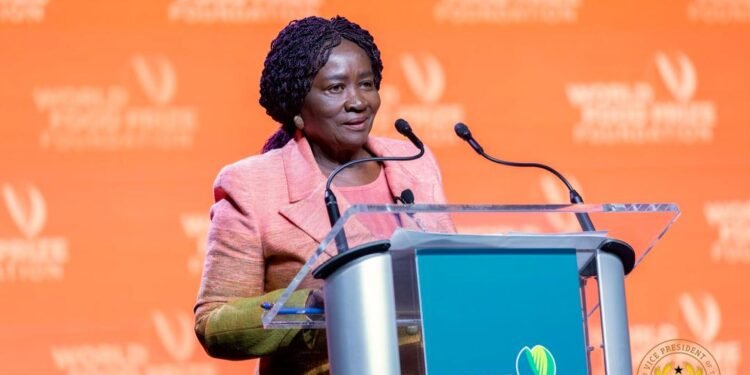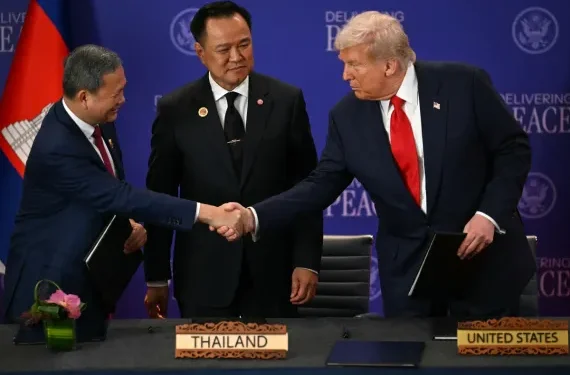The Minority in Parliament has accused the administration of President John Dramani Mahama of seeking to criminalize free expression through the proposed Cybersecurity (Amendment) Bill, 2025.
The bill, which seeks to revise Ghana’s existing Cybersecurity Act (Act 1038), has drawn sharp criticism from the opposition, who say it represents a dangerous shift toward censorship and state surveillance.
Former Information Minister and Member of Parliament (MP) for Ofoase Ayirebi Hon. Kojo Oppong Nkrumah, voiced his disapproval of the bill’s provisions, arguing that it poses a serious threat to democratic freedoms and the right to free speech.
“From what I have seen as a former information minister, this draft is dangerous though it’s not surprising. It’s not surprising because the president himself announced that they are going to use the National Security apparatus to go after people who make comments on social media that they consider unfavorable”
Hon. Kojo Oppong Nkrumah, Former Information Minister and MP for Ofoase Ayirebi
Hon. Oppong Nkrumah said the new bill would make it possible for citizens to be prosecuted for remarks made in private chat groups or online discussions deemed “offensive or inciteful” by authorities. He described the proposed changes as “a dangerous encroachment into the area of free speech,” adding that the government should instead strengthen democratic institutions and repeal outdated laws that criminalize expression.

The opposition’s concerns are rooted in Ghana’s history of legal reform in the area of free speech.
The repeal of the Criminal Libel and Sedition Act under former President John Agyekum Kufuor marked a major milestone in the country’s democratic development. However, Hon. Oppong Nkrumah argued that remnants of laws that criminalize speech still exist and continue to be used selectively.
“For example, the publication of false news with intent to cause fear and panic still needs to be repealed. Instead of advancing democratic freedoms, the government is now seeking to enact legislation that could send people to jail for expressing opinions”
Hon. Kojo Oppong Nkrumah, Former Information Minister and MP for Ofoase Ayirebi
He further urged the government to exercise restraint and pursue civil remedies rather than criminal ones when dealing with issues of speech that may be deemed offensive.
The Cybersecurity (Amendment) Bill Changes
The Cybersecurity Act (Act 1038), passed in 2020, was designed to protect Ghana’s digital infrastructure and coordinate national responses to cyber threats. It established the Cyber Security Authority (CSA) to regulate and educate citizens about cybersecurity.
However, the new 2025 amendment significantly expands the Authority’s mandate.

Under the proposed amendment, the CSA would now have powers to investigate and prosecute cybercrime, arrest and search suspects, and even freeze bank accounts or property linked to alleged cyber offenses. Critics argue that these expanded powers effectively turn the CSA into a policing body without sufficient oversight mechanisms.
The Bill also empowers the CSA to inspect offices, systems, and files, demand documents, and copy or audit digital data. Refusal to comply would constitute a criminal offense punishable by fines or imprisonment.
In addition, the amendment requires all cybersecurity professionals, companies, and organizations to obtain CSA accreditation before offering any related services. Even NGOs conducting free cybersecurity education would need to register and pay fees.
While the government maintains that the new powers are intended to enhance cybersecurity and protect the public from online threats, the Minority insists the bill’s vague wording opens the door to abuse. They warn that it could be used to suppress dissent or penalize critics of the government.
“I’m hopeful that when consultations start, the government will see wisdom in backtracking. Instead of further criminalizing speech, even the remnant laws that do so should be repealed”
Hon. Kojo Oppong Nkrumah, Former Information Minister and MP for Ofoase Ayirebi
Observers have noted that the amendment could have broader implications for innovation and entrepreneurship in Ghana’s digital economy. Startups and small tech firms may face higher compliance costs, while individuals and organizations could risk prosecution for online commentary.

The Cybersecurity (Amendment) Bill, 2025, is currently under stakeholder review, with consultations expected to begin later this year. The Ministry of Communications, Digital Technology and Innovation, which sponsored the amendment, has stated that public feedback will be incorporated before the bill is laid before Parliament.
As the debate continues, the tension between digital safety and freedom of expression remains a defining test for Ghana’s democracy under President Mahama’s leadership.
READ ALSO: Government Urged to Fast-Track Ratification of Ewoyaa Lithium Lease























